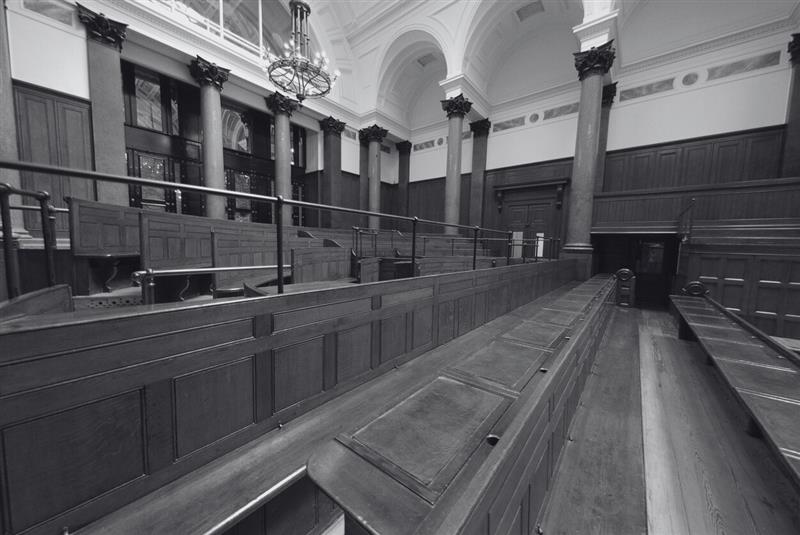In a clear and concise judgment by the Judicial Committee of the Privy Council, Lord Burrows has reasserted the pre-eminent role of the trial judge to determine disputed facts, having had the advantage of seeing and hearing all the relevant evidence.
The case of Christo Gift & another v Dr Keith Rowley [2025] UKPC 37 featured the former Prime Minister of Trinidad and Tobago as the successful appellant, but the subject matter was nothing to do with matters of state. It concerned an agreement Dr Rowley made in 1975 to acquire a parcel of an estate land in Tobago for the purposes of farming. The precise boundaries of the land to be acquired were not settled at the time and all these years later a dispute arose with a person who was seeking to enforce a separate agreement made in 1998 to acquire the rest of the estate, which depended in turn on how much land had in fact been promised to Dr Rowley back in 1975.
The documentation was scanty and one of the main witnesses had died. It was a classic case in which the findings of fact were going to turn on the evidence of the surviving witnesses. The trial judge preferred Dr Rowley’s evidence and the disappointed party appealed.
The Court of Appeal, by a 2-1 majority, decided that the trial judge was plainly wrong and proceeded to substitute a different set of factual findings based on inferences drawn from some of the documentary evidence. This time, Dr Rowley appealed.
“Although the majority correctly set out the law on the need for restraint before an appellate court can intervene in respect of findings of fact, the majority did not correctly apply that law. The majority decided what was credible and reliable evidence and in so doing usurped the accepted role of the trial judge.”
Lord Burrows
It was clear from the transcript of the cross-examination of the witnesses that the trial judge was alive to the relevance of the correspondence that the majority of the Court of Appeal had placed so much reliance upon: “The majority substituted its own assessment of the evidence for that of the trial judge without a legitimate basis for so doing. That is impermissible.”
As a result, the Board allowed Dr Rowley’s appeal and restored the findings of the trial judge. In doing so, the Privy Council applied well-established principles of the common law and corrected the mistake the majority of the Court of Appeal had fallen into.
There is in effect a right of appeal to the Privy Council in respect of any final decisions in civil proceedings in Trinidad and Tobago. This means litigants are able to have their cases heard by five justices of the UK Supreme Court and a good number of appellants exercise up this privilege each year. In 2024-25, 35 cases from Trinidad and Tobago were filed, which was over half the total received from across all the jurisdictions that continue to rely on the Privy Council as the final court of appeal.
Broadfield acted as Privy Council agents for Dr Keith Rowley, on instructions from RLM & Co (Trinidad).






